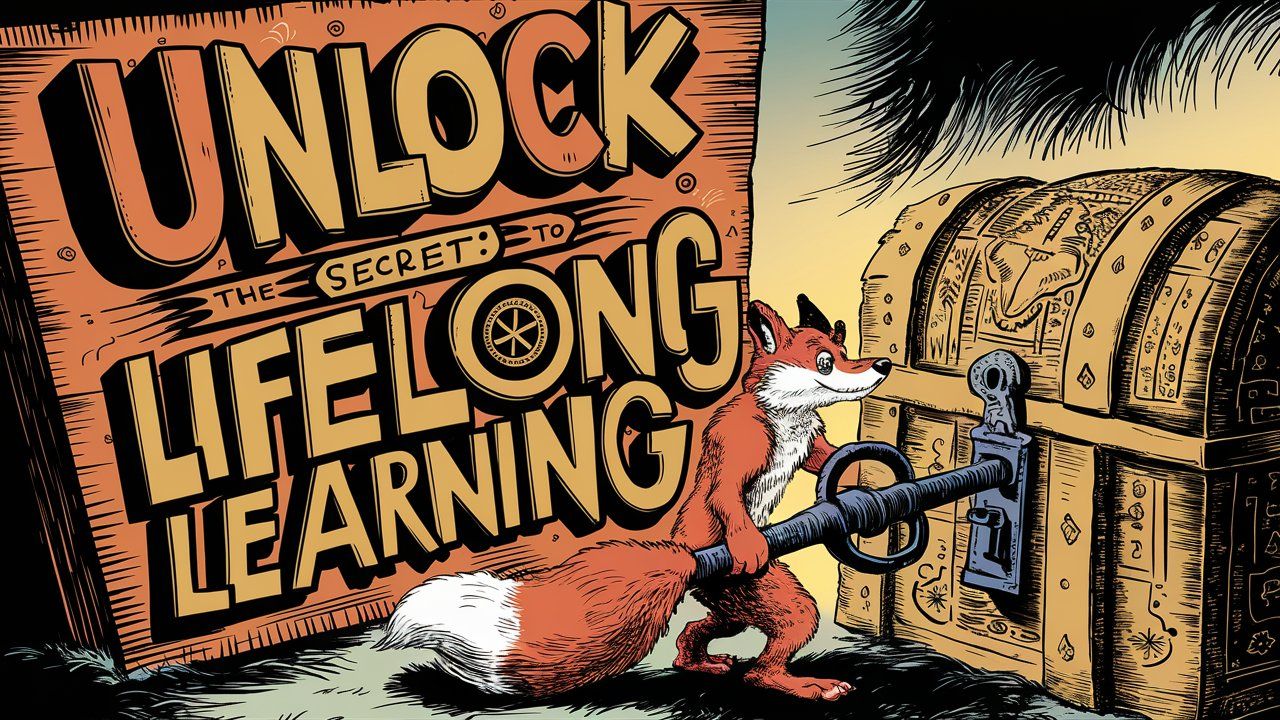 Religion is one of the two taboo subjects that many of us have been told, often at a young age, not to discuss if we wish to avoid offending anyone (the other is politics), yet sooner or later it often comes up in discussions. Many people feel a need to belong to some form of religion. I am not going to say that it is right or wrong to be part of any religion — indeed, that varies among individuals. Some people seem to be quite happy in their religion, and receive a great deal of comfort from their beliefs. Others seem to have no need for religion at all. Still others join a religion because they perceive it will bring some sort of benefit to them, be it financial, physical, or spiritual.
Religion is one of the two taboo subjects that many of us have been told, often at a young age, not to discuss if we wish to avoid offending anyone (the other is politics), yet sooner or later it often comes up in discussions. Many people feel a need to belong to some form of religion. I am not going to say that it is right or wrong to be part of any religion — indeed, that varies among individuals. Some people seem to be quite happy in their religion, and receive a great deal of comfort from their beliefs. Others seem to have no need for religion at all. Still others join a religion because they perceive it will bring some sort of benefit to them, be it financial, physical, or spiritual.
The main reason that religion is a “hot potato” subject is because some people feel it is their right, or their duty, to impose their religious beliefs on others. They believe that their beliefs are the correct ones, and that those who don’t believe as they do are wrong, or even evil. It’s actually not too dissimilar from the way a member of one political party might see it as their right or duty to convince others that their party is right, and the other party is evil. Those who don’t share those views generally don’t appreciate being told they are wrong!
 At the heart of it, most traditional religion is based in part on fear. On a spiritual level, the fear is that you will not measure up to the expectations of deity, or some “higher power”. On a more pragmatic level, the fear is often that if you can’t force others to adopt your beliefs, they might impose their beliefs on you. Wars have been fought because of the underlying fear that we have to kill them before they kill us. It’s only in relatively recent times that a majority of people have started to understand that it’s possible for people of varying beliefs to coexist peacefully, and unfortunately there are still many people that don’t seem to understand this.
At the heart of it, most traditional religion is based in part on fear. On a spiritual level, the fear is that you will not measure up to the expectations of deity, or some “higher power”. On a more pragmatic level, the fear is often that if you can’t force others to adopt your beliefs, they might impose their beliefs on you. Wars have been fought because of the underlying fear that we have to kill them before they kill us. It’s only in relatively recent times that a majority of people have started to understand that it’s possible for people of varying beliefs to coexist peacefully, and unfortunately there are still many people that don’t seem to understand this.
People who’ve had near-death experiences (NDE’s) have stated that if they asked about religion during their NDE, they were told that the best religion is the one that brings you closest to God. Of course, a person that felt no need for religion probably wouldn’t ask that question in the first place. But there are no reports of anyone having a NDE and being told that they should belong to a specific religion or denomination!
If you don’t belong to any religion now, my advice to you would be to think long and hard, and do some research on the Internet, before you join. Very often, when people are trying to get you to join their religion, they will seem to love you to death and truly care about you, perhaps even more than anyone else in your life has ever cared for you. The problem is that such “love” is almost always both time-limited and conditional. Once you have joined their religion, they will move on to some other hot prospect that they are trying to get to join, and suddenly you’ll no longer feel like the center of their attention. But worse yet, their love may well be conditional on you believing the things they teach you (no matter how absurd, ridiculous, or even hateful), and behaving the way they want you to. If you should start to question any of their teachings, you become a “problem” to them, and you will find yourself talked to the way a disapproving parent might talk to a stepchild — or maybe even invited to leave.
 If you are already involved in a religion, and you feel that you receive comfort and joy from it, and it encourages you to love others and help them when you can, then maybe the only real reason to consider leaving them is if they try to get you to do things that would hurt others. That could be anything from attempting to impose your beliefs on other people, to hating them because they are not part of your group, or don’t meet up with some standard of morality that your religion attempts to uphold. Those are the very things that have been responsible for starting bloody conflicts in past and recent times. Also, please be aware that some religions are all about power and money — specifically, how much of those they can take from their followers for the benefit of the leaders. If the leaders of the religion are constantly telling people to give money to their organization, while they are living the high life (with nice houses, fancy cars, luxurious vacations, and even air-conditioned doghouses for their pets), then they are using deception to steal from their followers. In a few high profile cases they have gotten in trouble and even spent time in prison for this, but that’s the exception rather than the rule — more often than not, the leaders get away with it and are never brought to justice.
If you are already involved in a religion, and you feel that you receive comfort and joy from it, and it encourages you to love others and help them when you can, then maybe the only real reason to consider leaving them is if they try to get you to do things that would hurt others. That could be anything from attempting to impose your beliefs on other people, to hating them because they are not part of your group, or don’t meet up with some standard of morality that your religion attempts to uphold. Those are the very things that have been responsible for starting bloody conflicts in past and recent times. Also, please be aware that some religions are all about power and money — specifically, how much of those they can take from their followers for the benefit of the leaders. If the leaders of the religion are constantly telling people to give money to their organization, while they are living the high life (with nice houses, fancy cars, luxurious vacations, and even air-conditioned doghouses for their pets), then they are using deception to steal from their followers. In a few high profile cases they have gotten in trouble and even spent time in prison for this, but that’s the exception rather than the rule — more often than not, the leaders get away with it and are never brought to justice.
However, even if that’s not the case, it might be a good idea to reflect upon why you belong to that religion from time to time. Think about what caused you to join in the first place. Were your parents members, and they forced you to attend, and it just became habit? Did you join because someone convinced you that you might go to some bad place when you die if you didn’t? Or did you perhaps join because you thought you had found a group of people that truly cared about you? Think about the reasons you joined, and then ask yourself, “If I had known then what I know now, would I still have joined?” And also, “Did I have any expectations of what would happen that have not yet been fulfilled?” In short, does your religion truly bring you closer to God, or your “higher power”, or the Universe, or whatever you consider to be the highest and most loving force in all of creation?

If not, perhaps it’s time to find a spiritual path that more completely resonates with you. People on the “wrong” path (which is to say, in the “wrong” religion) often feel quite unhappy and unfulfilled, and often live in fear that somehow they’ll be subjected to some form of eternal punishment (though they may be quite unwilling to admit such thoughts, even to themselves). They may not enjoy participating in their religion’s rituals, or attending the designated place of worship. They may find prayer or meditation boring, or even infuriating, because they don’t ever see any results (but the religion will say it’s their fault). While these things can happen even to people who haven’t strayed from their path, those who are on the “wrong” path often come to a point where they just can’t continue in their present religion. If they then find the right path for them, they often feel as if a huge weight has been lifted off their shoulders, and that all the fear and dread that they experienced previously fades away.
 For some people, the “right” path for this lifetime may be to not be part of any organized religion. That doesn’t mean that they cannot engage in some form of spiritual practice, such as meditation or prayer. It only means that they do not feel any need to attend, or receive any benefit from attending, formal meetings or going to a designated place of worship. Everyone is different, and what one person may see as an absolute requirement to be true to their beliefs, another person may see as irrelevant or even nonsense. If you try to convert such a person to your beliefs, you’ll just anger them and frustrate yourself — or worse yet, you’ll convince them to join and then regret doing so, because they will be constantly annoying you whenever the religion doesn’t meet their expectations (after all, you got them into this, so you should be the one to hear their complaints!). Even the religions that encourage proselytizing (that is, attempting to induce someone to convert to one’s faith, according to Merriam-Webster) usually recognize that there are people who just cannot be converted, even if they portray such people in an unfavorable light.
For some people, the “right” path for this lifetime may be to not be part of any organized religion. That doesn’t mean that they cannot engage in some form of spiritual practice, such as meditation or prayer. It only means that they do not feel any need to attend, or receive any benefit from attending, formal meetings or going to a designated place of worship. Everyone is different, and what one person may see as an absolute requirement to be true to their beliefs, another person may see as irrelevant or even nonsense. If you try to convert such a person to your beliefs, you’ll just anger them and frustrate yourself — or worse yet, you’ll convince them to join and then regret doing so, because they will be constantly annoying you whenever the religion doesn’t meet their expectations (after all, you got them into this, so you should be the one to hear their complaints!). Even the religions that encourage proselytizing (that is, attempting to induce someone to convert to one’s faith, according to Merriam-Webster) usually recognize that there are people who just cannot be converted, even if they portray such people in an unfavorable light.
 I personally think we’d all get along a lot better if we could all “live and let live” when it comes to our religious beliefs. That doesn’t mean we have to condone hate, or abuse, or attempts to control others, but when those things are not an issue, it’s probably best to let people find their own path. Of course, if someone starts asking questions about your faith or beliefs, then perhaps that means that they are destined to share your path for at least part of their journey through this lifetime, and in that case you can certainly answer their questions and share your beliefs. But if it makes you uncomfortable to talk about what you believe, that may be another indication that you’re not on the right path, or that you’re not being true to yourself and what you really believe. Taking time to reflect on what you believe and why you believe it encourages spiritual growth, and shouldn’t be avoided.
I personally think we’d all get along a lot better if we could all “live and let live” when it comes to our religious beliefs. That doesn’t mean we have to condone hate, or abuse, or attempts to control others, but when those things are not an issue, it’s probably best to let people find their own path. Of course, if someone starts asking questions about your faith or beliefs, then perhaps that means that they are destined to share your path for at least part of their journey through this lifetime, and in that case you can certainly answer their questions and share your beliefs. But if it makes you uncomfortable to talk about what you believe, that may be another indication that you’re not on the right path, or that you’re not being true to yourself and what you really believe. Taking time to reflect on what you believe and why you believe it encourages spiritual growth, and shouldn’t be avoided.



